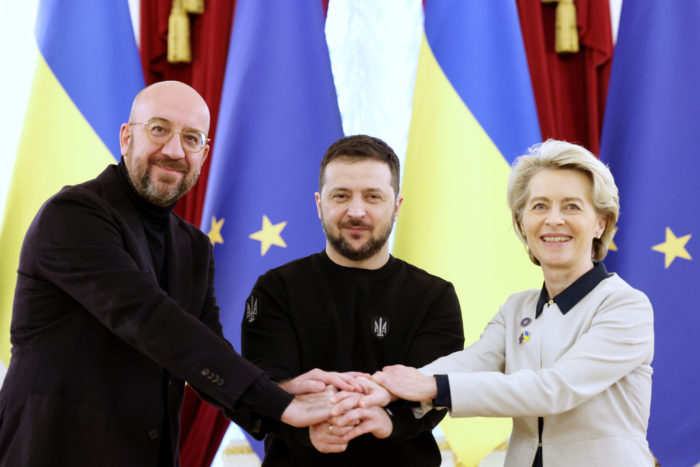Attending the 9th Western Balkans Civil Society Forum, which was staged by the EU’s Economic and Social Committee in Thessaloniki on October 19, Ioannis Armakolas analyzed the current situation in the Balkans along with the region’s European perspective in the context of the new geopolitical challenges.
“Though the Western Balkans’ European perspective had lost momentum in recent years, it seems to be reviving, primarily because of the war in Ukraine, which has serves as a geopolitical alarm clock for the European Union”, he said. “Attempts are afoot to unblock the enlargement process, so we can see the Western Balkans, Ukraine and perhaps Moldova join the EU, but they have not yet brought about any tangible results”, he added. If this new initiative does go ahead, he believes Montenegro, Albania and North Macedonia will be the first states to join the bloc.
This is because “Albania and North Macedonia have made significant advances, although things could have gone better in recent years. Still, given that they are not being held back by the sort of big issues currently facing Serbia vis-a-vis the status of bilateral disputes (namely Kosovo, which Belgrade does not recognize), it will be easier for them to become member states—given they meet the conditions and implement the necessary reforms”, he explained.
He also stressed that the failure of Serbia—which is central to the region and strong economically and politically—to resolve its historical issues since the 90s is a “wound” which “poisons” its dialogue, its “identity” at home, and its relations with its neighbors.
Click to listen the interview, in Greek.




